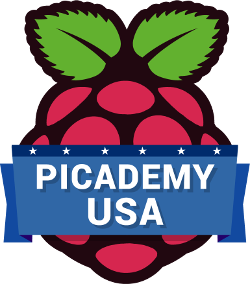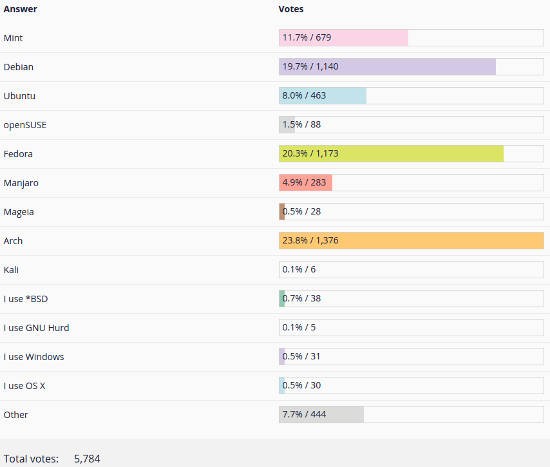FOSS Force: 2016 Fund Drive
Our Indiegogo campaign with the descriptive title “FOSS Force: 2016 Fund Drive” has begun. We’d like you to pull out your wallet and make a contribution to help us continue to supply you with all of the great content you’ve come to expect from FOSS Force. Actually, you don’t even have to go to the effort of pulling out your wallet, you can just click and pay using your PayPal account. Then again, you might need to dig for your wallet if you want to pay by credit card, unless you’ve memorized the number.
If this were an NPR outlet, right about now I’d start telling you that your contributions help pay for all of the content you read on our site. That’s true; it does. Also if this were an NPR outlet, I’d be telling you that we’re user supported (in NPR’s case listener supported) and that 90 percent of our funding comes from readers like you. That’s not true. We run ads, offer sponsorships and such. It’s just that right now that’s not enough to pay the bills — but revenues are increasing and if we keep on keeping on we’ll soon be able to stand on our own two feet. Right now, we just need some help to see us through.



 What is Picademy? Picademy is a two day series of classes taught by
What is Picademy? Picademy is a two day series of classes taught by 
 But this incident wasn’t to be pushed aside. The emails started coming in faster and faster, until I acknowledged that I had a real problem.
But this incident wasn’t to be pushed aside. The emails started coming in faster and faster, until I acknowledged that I had a real problem.




 One of my New Year’s resolutions this year is to only use cloud services when absolutely necessary. Web apps are great tools when you need to collaborate at a distance, but other than that you’re better off keeping your work on your own machines, for privacy reasons if nothing else.
One of my New Year’s resolutions this year is to only use cloud services when absolutely necessary. Web apps are great tools when you need to collaborate at a distance, but other than that you’re better off keeping your work on your own machines, for privacy reasons if nothing else.